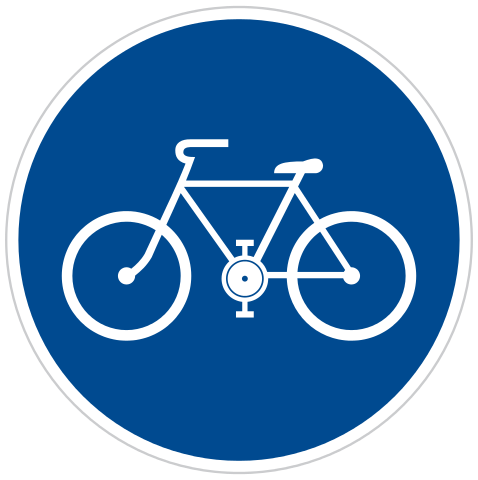

Where in the article did it say they’re adding a dating feature?


Where in the article did it say they’re adding a dating feature?

I enjoy reading the articles. I think combining r/frugalmalefashion and r/malefashionadvice scopes would make sense for now, so I’d welcome deals, reviews, etc.

Curious is there any situation where a dress boot would be more appropriate than a regular dress shoe? Maybe when it’s colder out, or if you’re taller I’ve heard it can be interesting for proportions. Otherwise I feel like it’s a second or third pair type of thing.


I recently got my first road/endurance bike, a Felt VR60. According to the specs, the wheels it came with are:
Devox WheelRDS.A3, Tubeless ready, 6-hole, 12x100/12x142 mm. Default tires it came with areVittoria Zaffira Vtires.
Congrats on your new bike! Looking it up here the felt VR60 can clear up to 35 mm knobby tires even though Felt claims 30mm. That being said, the VR60 might be different than the carbon frames ones.
I’m thinking of doing some light gravel riding with this bike, so was considering some 30mm tires to swap between depending on the activity I want to do. However, I have no idea what I should be looking for when it comes to buying new tires/tubes.
- What factors do I need to worry about when buying new tires? I assume the wheel size matters, right?
First take a look at what size tires you have already. If you have a smooth 28 or 30mm, you’re not going to tell much difference going up a couple of mm. On the side of the tire it should say something like 700x25. The last number is the mm width. If you have something close to 30 already, just go give the gravel road a ride and see how you feel. If you feel like you’re slipping and sliding around, you may want a tire with more tread/knobs. If you feel like you’re getting punched in the bum and need more cushion, a bigger tire will make more sense. Usually 5mm wider or more is a noticeable difference. And if you get a flat, now you have an excuse to buy new tires! But otherwise there’s no need to buy something unnecessarily. Just ride.
Other factors will include, tire clearance on your frame and fork, are your wheels tubeless compatible, what diameter are they (700c), and what is the recommended with of tire for the internal rim width. Unless you’re going up from like a 23mm to a 35 or more the internal rim width should be fine though.
- Can I reuse my existing tubes, or do I need new ones?
Assuming you don’t have a flat, in most cases you should be fine. If you look up tubes, they’re usually sold supporting a range, like 700cx23-32. That’s because the rubber will inflate and stretch a bit. Just make sure you get 700c (standard diameter for road bike wheels)
- Searching for 30mm gravel tires, I mostly found tubeless options. Is there a reason for that?
Tubeless offers several benefits, the biggest one being you can’t flat by pressing the tube against the rim/tire, i.e. a snakebite, and you can seal up small punctures, sometime without even noticing until after the ride! It’s also a softer ride because you can run lower pressures and lower rolling resistance compared to a tube at the same pressure. Tires need to be constructed differently to seal well with liquid sealant, so unless they’re labeled as TR, or tubeless ready, it’s not recommended to run them tubeless.
- Anything else I should know before buying and swapping tires?
My first recommendation is before buying anything, try riding it first then see if you really need new tires. If you do, consider how much riding you do on the road vs on gravel.
In my experience, swapping tires between road and gravel tires takes a while, and you’ll generally end up not doing it because of the effort. In that case I’d recommend a “do it all” tire like the Specialized pathfinder which has a center smooth strip and texture on the sides. Look up some videos on tubeless or have your bike shop do it for you. It can be a lot of work/equipment to set up yourself.
The pricier but more convenient method is to get a second wheelset you’d swap on depending on if you want to ride road/off-road. I do this personally and it’s much faster to switch compared to switching tires, and I get a pure road tire and a knobby tire. Lots of people sell wheelsets on craigslist or FB, and you can use the wheel info you already have to confirm they’ll work with your bike. In your case, you’ll look for a 700c disc brake wheelset that takes 12mm through axles. From there you may need to buy additional brake rotors, and a matching cassette.
deleted by creator